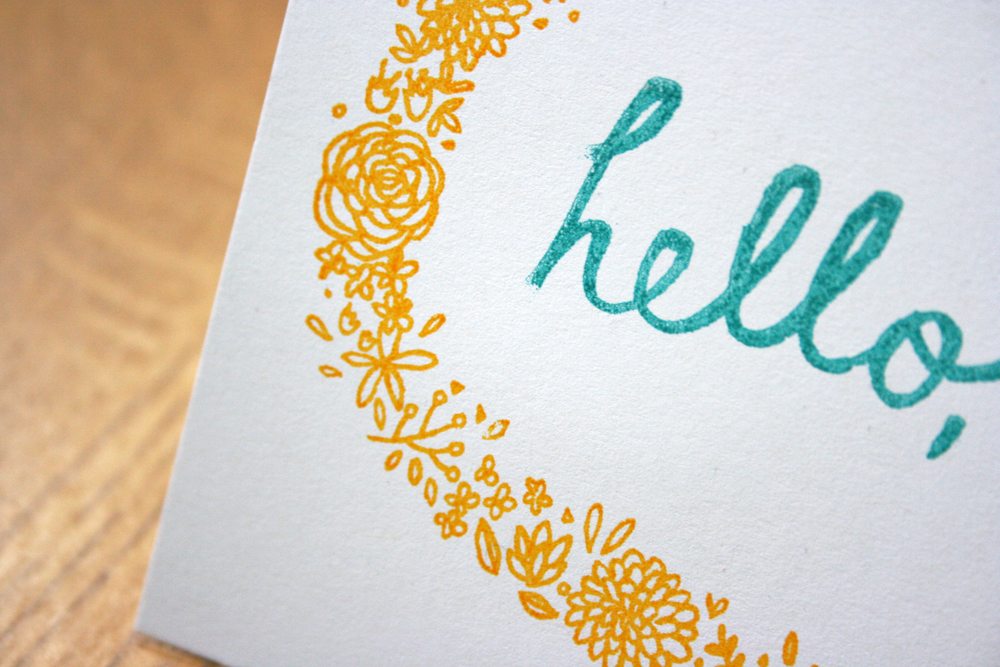The problem with “how are you?”
International student? You might find Julia Jasińska’s dilemma relatable…
Getting used to living in a foreign country was relatively easy. Only one month after moving from Poland to England, I was no longer surprised to see my British flatmates eating baked beans for breakfast. In fact, I now keep my own can in the cupboard. Sure, I still find it surprising how often the British say “sorry”, and am constantly amazed at the positive attitude of Tesco’s customer service – who would have thought that cashiers may actually be willing to engage in a nice chit-chat, instead of just mumbling a grumpy “£5.70”? All in all, English people are very friendly and it is easy for a European to fuse into the environment. Or, it would be, if it wasn’t for that confusing “how are you?” greeting which gives me a mini cultural heart attack every time I hear it.
Greeting phrases are probably the first thing you get to know in a foreign language. I learned “hello”, “hi” and “how are you today?” during one of my introductory English lessons, and surprisingly enough, this is what reminds me most that I am living in a foreign country. In Polish there is no equivalent phrase to the British “how are you?” when I see an acquaintance on a street, I greet them with “good morning” or “hi”, depending on how casual our relationship is. If I add “what’s up?” or “how is it going?” the dialogue gets a sudden twist and becomes an actual conversation. The thing is, in Poland when you ask someone “how are you?” you are genuinely interested in how they are doing, and anticipate a conversation. Poles are usually pretty straightforward. They don’t bother to pretend they care about your day if they don’t (trust me).
Now I think you know where I’m going with this. Every time someone in England asks me how I am, I am ready to sincerely tell them about my day, because they asked about it. Don’t expect any short or purely positive answers – because I won’t give them! I will tell you in detail that my bus was late, that my lecture sucked, and that I am a bit tired, but, no worries, because fortunately I’m going to see my friends in the evening. Only after this ramble will I realise, embarrassingly, that this was not what I was asked for.
I was afraid that maybe I’m the only one who’s culturally impaired when it comes to the British greetings. However, upon talking to my Polish friends I realised that it is a more widely-acknowledged phenomenon. My friends studying in London are also confused by the “hey, how are you?” shouted at them from the other side of the crowded street. They question the nature of the quick “you fine?” mumbled by their hall friend passing by the kitchen.
On the one hand, it makes sense to create a pleasurable environment by not rambling too much about your daily ups and downs. On the other, the foreigner inside me screams: why bother asking about my day, if you don’t want to hear the real story? Maybe my “how are you?” dilemma will fade after another month and I won’t always have to remind myself about the “great/good/fine” answer. But, for now, my overly detailed reply will just have to do.

Comments